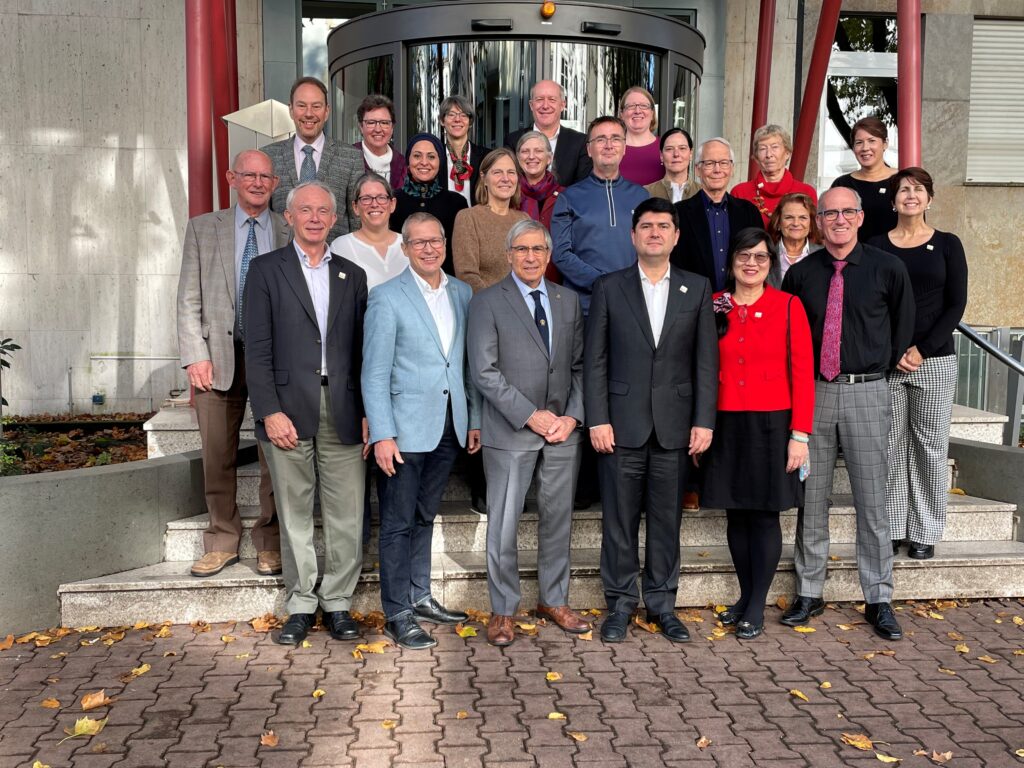The International Union of Pure and Applied Chemistry (IUPAC)
The International Union of Pure and Applied Chemistry (IUPAC) is the world authority on digital standards in chemistry; chemical nomenclature and terminology, including the naming of new elements in the periodic table; on standardized methods for measurement; and on atomic weights. Founded in 1919, IUPAC has been creating the common language of chemistry for more than a century.
IUPAC is a leader in the provision of objective scientific expertise for the resolution of critical global issues that involve every aspect of chemistry, all of which have societal impact. Our scientific work is conducted largely through a formal project system, in which proposals from chemists around the world are peer-reviewed and, if meritorious, are approved and supported. In addition, IUPAC is involved in a wide range of diverse activities that ultimately impact both the chemical profession and society as a whole.
IUPAC unites chemists worldwide and we fulfill our mission by fostering sustainable development, providing a common language for chemistry, and advocating the free exchange of scientific information.
We are IUPAC – International and Unique, advancing Pure and Applied Chemistry worldwide!

